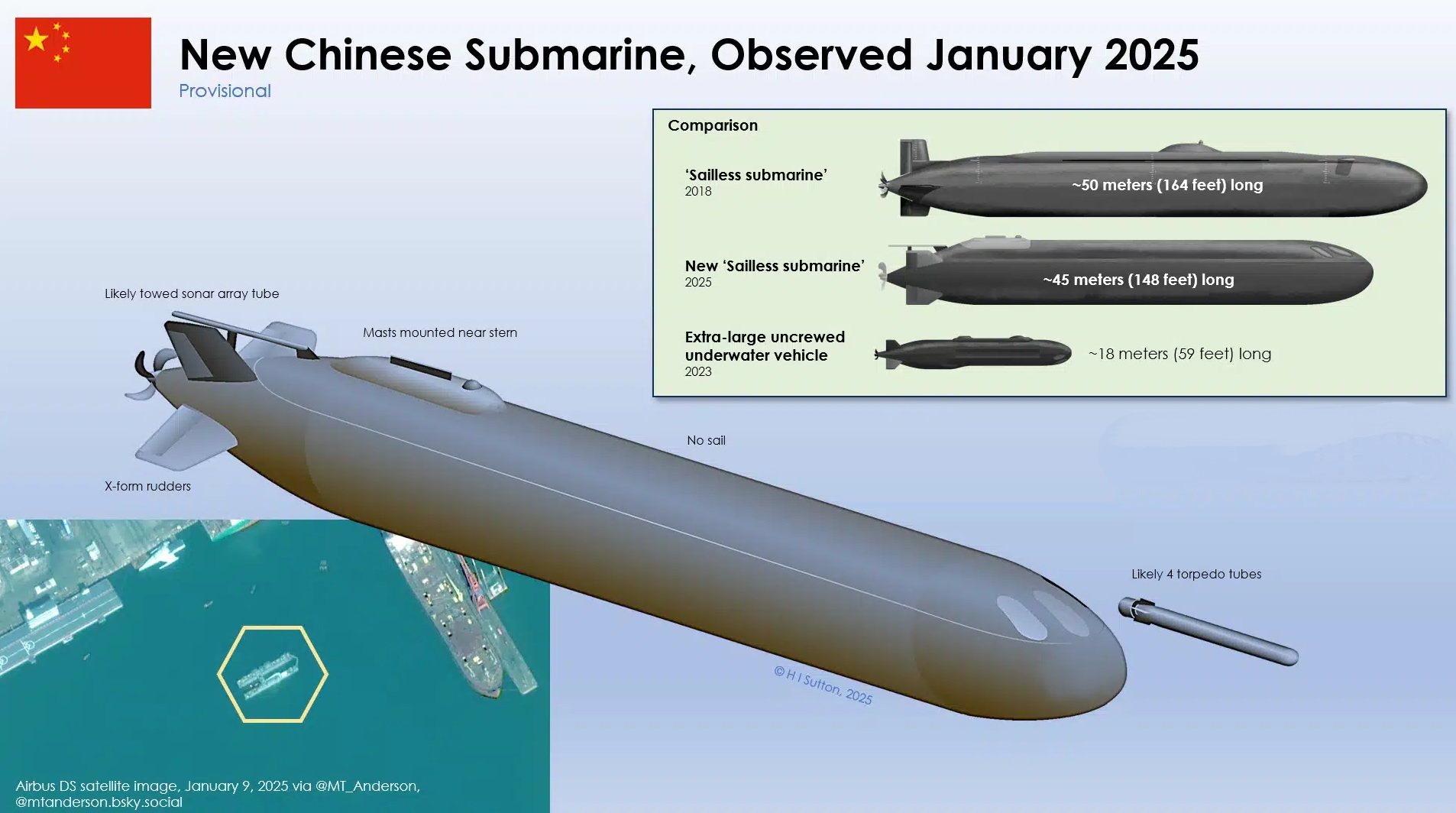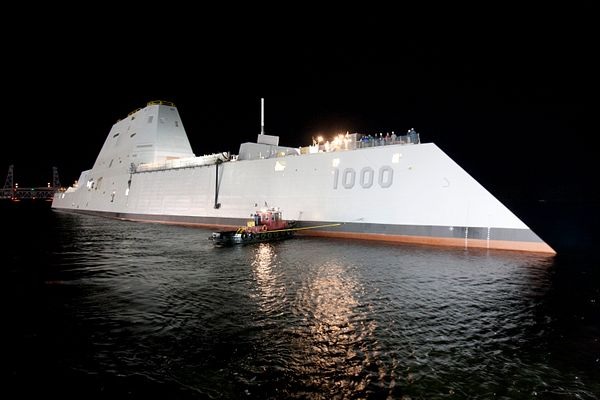"India Landed On Moon, While We…" - Pakistani Lawmaker's Speech in Pakistani Parliament

Disparity highlighted as Pakistani lawmaker contrasts India's lunar success with Karachi's challenges: open gutter tragedies and education gaps. Pakistan seeks IMF aid amidst economic distress, contrasting India's space milestones.
In a recent address to the Pakistani Parliament, Syed Mustafa Kamal, a lawmaker from the Muttahida Quami Movement Pakistan (MQM-P), drew attention to a stark contrast between India's lunar achievements and the troubling conditions in Karachi, Pakistan's largest city.
Kamal highlighted the unfortunate incidents of children losing their lives due to falling into open gutters in Karachi, juxtaposing this with India's remarkable feat of landing on the moon. He emphasized the dire situation in Karachi, where access to fresh water is severely limited, and alarming numbers of children are deprived of education.
According to Kamal, Karachi, often referred to as the revenue engine of Pakistan, has faced significant neglect in terms of basic infrastructure and essential services. Despite being a vital economic hub with two operational seaports, Karachi has suffered from a chronic shortage of fresh water, exacerbated by the hoarding and sale of water by unscrupulous elements.
The lawmaker cited distressing statistics, revealing that out of a total of 48,000 schools in the region, approximately 11,000 are deemed 'ghost schools,' which exist only on paper. Shockingly, around 7 million children in Sindh province alone are unable to attend school, contributing to a nationwide figure of over 26 million out-of-school children.
While Karachi grapples with these challenges, India has achieved significant milestones in space exploration, including the successful landing of its Chandrayaan-3 lander on the lunar surface. India's historic feat of becoming the first country to land on the South Pole of the moon stands in stark contrast to Pakistan's struggles with economic instability, inflation, and mounting debt.
Currently, Pakistan is in talks with the International Monetary Fund (IMF) to secure a new loan program under the Extended Fund Facility (EFF). The IMF has stressed the need for comprehensive reforms, particularly in the energy sector and taxation system, to address the country's economic vulnerabilities.
Despite completing a short-term USD 3 billion program aimed at averting a sovereign default, Pakistan's government recognizes the urgency of securing a longer-term solution to its economic challenges.
The sharp disparity between India's space achievements and the pressing issues facing Karachi underscores the need for concerted efforts to address socioeconomic disparities and prioritize essential services for all citizens. As Pakistan navigates its economic challenges, it must focus on inclusive development strategies to ensure a better future for its people, particularly the marginalized communities in urban centers like Karachi.



